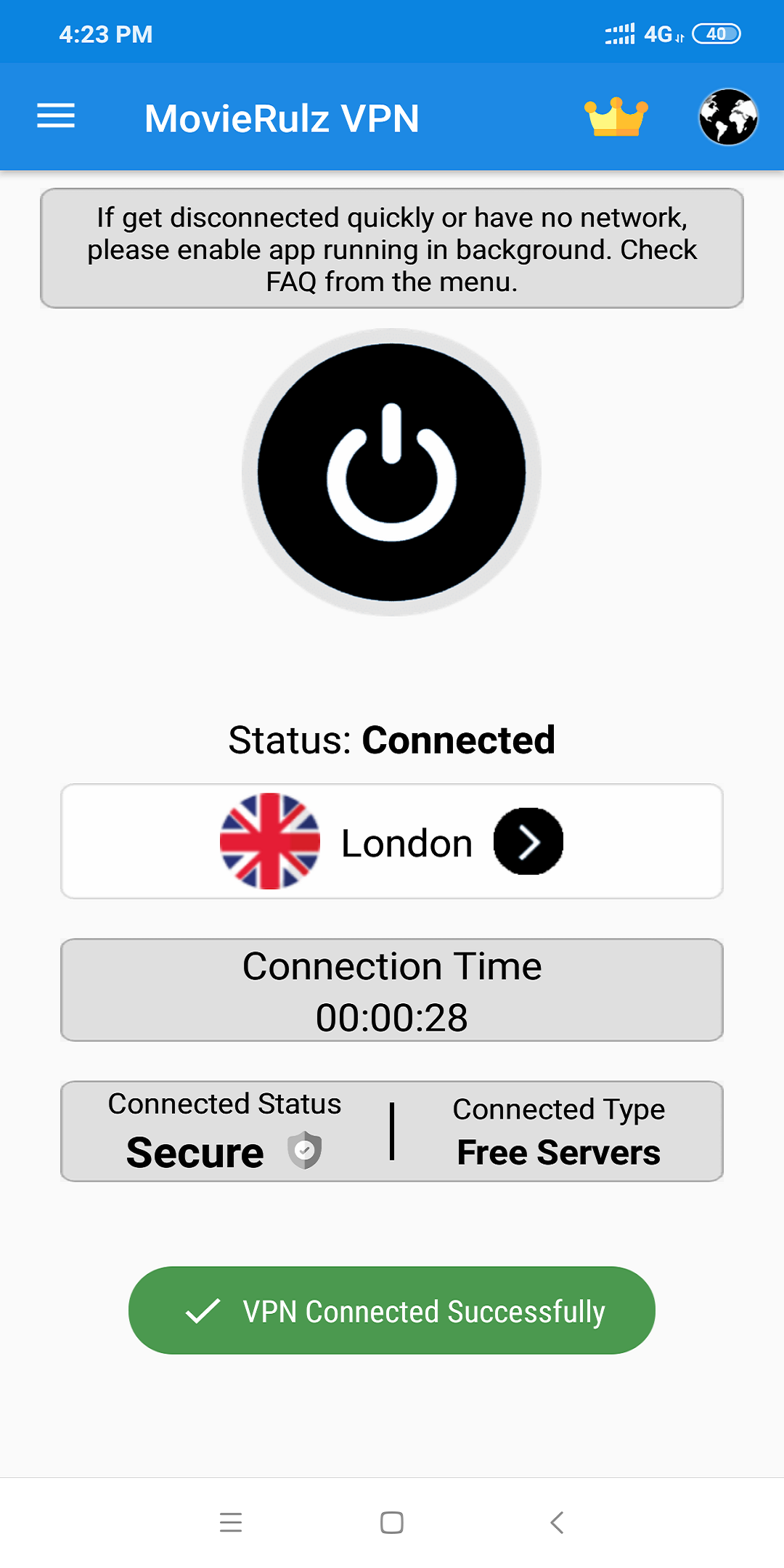Have you ever wondered why websites like Movierulz continue to thrive despite being illegal? The answer lies in the complex interplay between technology, consumer demand, and governmental oversight. These platforms offer pirated content that attracts millions of users worldwide. However, their existence raises serious ethical questions about intellectual property rights and cybersecurity. In this article, we delve into the operations of Movierulz and similar platforms, examining how they manage to stay operational while circumventing legal restrictions.
Movierulz has become synonymous with unauthorized streaming of Bollywood, Hollywood, and regional Indian films. Users can access a vast library of movies without paying a dime. The platform’s appeal stems from its promise of free entertainment, which resonates with audiences who may not afford legitimate subscription services. However, beneath this veneer of accessibility lies a network of illicit activities that exploit both creators and consumers. By employing advanced technologies such as Virtual Private Networks (VPNs), Movierulz ensures privacy for users accessing its content from abroad. This technological sophistication complicates efforts by authorities to shut it down permanently.
| Name | Movierulz |
|---|---|
| Founder(s) | Unknown |
| Year Established | Approximately 2015 |
| Headquarters | Not publicly disclosed |
| Primary Service | Pirated movie streaming and downloading |
| Target Audience | Global audience seeking free movie access |
| Legal Status | Illegal under copyright laws |
| Technologies Used | VPNs, proxy servers, persistent worlds in online gaming |
| Website Link | Copyright Information |
Despite widespread criticism, Movierulz continues to operate with impunity. Its resilience is partly due to the lack of coordinated international action against digital piracy. While local governments have taken steps to block these sites within their jurisdictions, determined users often find workarounds using tools like TOR or VPNs. For instance, individuals attempting to access Movierulz might encounter errors indicating site unavailability. Yet, through alternative URLs or encrypted connections, they can still reach the platform.
Moreover, Movierulz frequently updates its domain names and server locations to evade detection. This cat-and-mouse game makes it challenging for regulators to keep pace with the site's rapid evolution. As a result, many users remain unaware of the legal implications associated with accessing pirated content. They focus instead on the convenience offered by Movierulz, oblivious to the harm caused to filmmakers and production houses whose livelihoods depend on protecting their creative works.
In recent years, Movierulz has expanded its offerings beyond just Bollywood and Hollywood titles. It now includes an extensive collection of regional Indian films, catering to diverse linguistic preferences across the subcontinent. Tamil, Telugu, Malayalam, Bengali, and Kannada movies are readily available on the platform, further broadening its appeal. However, this expansion also intensifies concerns about cultural exploitation and loss of revenue for smaller studios producing content in these languages.
Another alarming trend linked to Movierulz is the integration of persistent worlds in online gaming environments. These virtual spaces allow players to interact continuously with each other, fostering communities centered around shared interests in pirated media. Such interactions normalize illegal activity among participants, creating a culture where copyright infringement becomes acceptable behavior. Consequently, addressing the issue requires more than mere enforcement; it necessitates re-education campaigns aimed at changing public perception regarding digital piracy.
Interestingly, some critics argue that Movierulz serves as a symptom rather than the root cause of broader systemic issues within the entertainment industry. High subscription costs for streaming platforms, coupled with limited availability of certain titles in specific regions, drive consumers toward alternatives like Movierulz. Therefore, stakeholders must consider implementing pricing models and distribution strategies that better align with global market demands. Doing so could reduce reliance on pirated sources while ensuring fair compensation for artists.
On another note, advancements in portable VPN routers highlight the growing sophistication of tools designed to bypass geo-restrictions imposed by content providers. These devices enable seamless access to blocked websites, including Movierulz, regardless of geographical location. While convenient for end-users, they pose significant challenges for law enforcement agencies tasked with combating cybercrime. Striking a balance between personal freedoms and corporate protections remains elusive in this rapidly evolving landscape.
Meanwhile, Netflix's release of The Night Agent, starring Gabriel Basso, underscores the importance of supporting original content through legitimate channels. Unlike Movierulz, which thrives on unauthorized reproductions, Netflix invests heavily in producing high-quality programming that respects creator rights. Promoting awareness about such distinctions can encourage viewers to make informed choices when selecting entertainment options.
As discussions around Movierulz persist, one thing becomes clear: solving the problem demands collaboration between multiple stakeholders. Governments, technology companies, educators, and consumers all play crucial roles in shaping the future of digital media consumption. By fostering dialogue and exploring innovative solutions, society can move closer to eradicating piracy while preserving artistic integrity and consumer choice.
Finally, it is worth noting that Movierulz represents only one facet of a much larger phenomenon affecting industries worldwide. From music to software, unauthorized sharing threatens established business models and undermines innovation. Addressing these challenges requires sustained effort and commitment from all parties involved. Only then can we hope to create a digital ecosystem that benefits everyone equally.



